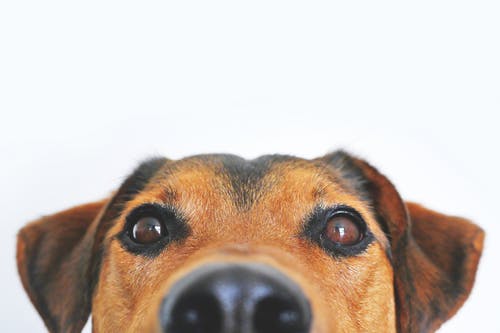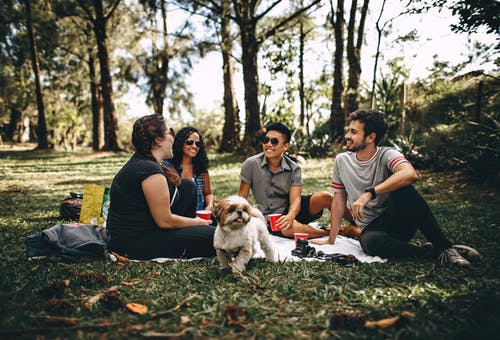As a pet guardian, surgery is one of your most crucial choices. To attain the ideal possible result, it is necessary that you choose the facility and method with care. Anxiousness can arise as you prepare your pet for surgical treatment. Whether your pet is getting a basic procedure or a more complicated strategy, you will probably experience anxiety. You and your pet need to be prepared for surgical treatment before you go to the vet.
Preparations for Pet Surgery
Pet owners can be stressed when their pet needs a surgical procedure, whether it’s routine spaying and neutering, orthopedic solutions, exploratory, or soft tissue procedures. Despite the fact that your vet will guide you with the method, it can still be a frightening experience. However, if you prepare ahead, you can rest assured that your pets can have a smoother surgical procedure. We have broken down the fundamentals to help you prepare as long as possible.
The Week Before Operation
It may look early to begin making preparations for your dog’s surgery one week prior to the treatment, but your veterinarian might demand extra tests to be performed prior to your furry buddy being set under general anesthesia. These examinations can consist of blood work, radiographs, ultrasounds, and other diagnostics important to the accomplishment and health of your pet’s surgical treatment. Visit your vet’s online homepage to know your vet’s lab test. Ask your vet if your pet requires new vaccines and, if so, when is the ideal time to arrange a visit. Some vets may not need to vaccinate their pets, considering their health and medical background.
Plan out how you will carry your pet to and from the veterinary healthcare facility for surgical treatment while you’re at it. Think about taking your canine to the groomer or bathing him a couple of days before the surgery, as you will be advised to keep the cut dry after the process.
The Night Before Operation
You must talk with your vet about what to expect the night before your canine surgical treatment. If your discharge guidelines do not include the following concerns, you need to ask them either way:
- Is it risk-free for my dog to take the medication he requires?
- Is it secure for my pet to go for a walk the day before a surgical procedure?
- How much food and water should my canine contend with a single time?
Preparing your house for the next day can also be completed the night before. Prepare a room in your home for your canine’s recovery. This may require placing your pet in a dog house, separating him from other pets, and preparing any drugs or special food he requires for the trip to the vet. You also need to wash your canine’s home bedding to decrease the danger of infection. You can also obtain cold laser therapy to make your pet’s recovery faster.
The Morning of Operation
Maintaining your pet far from food and water on the morning of the surgical procedure is the most vital point you can do for him. A pet’s desire can be life-threatening if eaten or drunk during anesthesia.
Handing over your canine at the veterinarian’s clinic in the morning is common practice. Ensure you get there early so they can execute extra screening, blood work, and catheter positioning before the surgical treatment. Ensure the main desk has your most recent telephone number so they can speak to you if there are any adjustments. Search through the internet if you want to learn more about emergency vet care.




